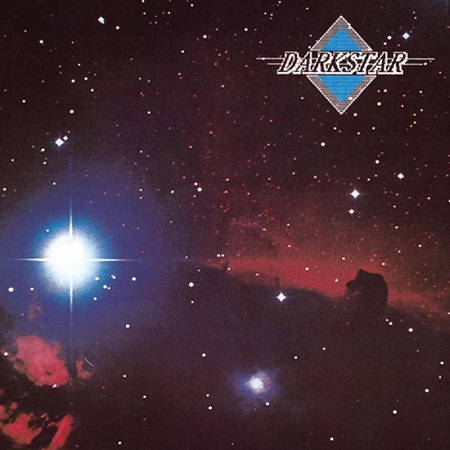
His orchestral palette is lighter and brighter, highlighting mallet and wooden percussion, harp, acoustic guitar and solo woodwinds. Kikuta eschews the bombast that most SNES RPGs dabble in, inspired as they are by late-romantic orchestral works (pay attention to how rarely Kikuta uses brass on Secret of Mana ). The Secret of Mana soundtrack truly is a masterclass in world building, creating a fantastical realm unlike most others seen in RPGs of the area. This melange gives the score an inviting, enveloping character that suits the musical material perfectly. There’s a enormous vibrancy and warmth here, coupled with a sense of spaciousness. In the process, he used tricks like achieving a three-dimensional sound by playing an instrument on two tracks and giving only one side of the stereo field vibrato.Īll t his effort polishing the instrument samples used for Secret of Mana clearly paid off. Enjoying the freedom that Square ga v e Kikuta on his debut game score, he spent the majority of th ose two years tweaking the sounds he could squeeze out of the SNES. He worked on the score for more than two years, leaving the office only twice a month. It was the result of many, many months of hard work, according to Kikuta. As thousands and thousands of listeners discovered, Hiroki Kikuta’s Secret of Mana soundtrack is one of the masterpieces of not just the 16-bit e ra, but game music history at large. Of course, Square’s confidence in releasing this particular soundtrack in the US turned out to be well-founded. Again, for many t his would have been the first time they encountered game music outside of a game. Secret of Mana was one of the very, very few SNES game scores to see a US release (preceding Donkey Kong Country by a year). Īn even rarer sight were actual album release s of game music outside of Japan. As a result, many gamers encountered the engrossing storytelling and vivid worlds that the best RPG s deliver for the first time with Secret of Mana. Remember that back in 1993, US releases of SNES RPGs were the exception, not the rule (and for the German market, Secret of Mana might well have been the first localised SNES RPG ever).

But timing played an important role as well. Square ’s experiment merging action adventure and RPG elements was a resounding success, charming millions of players with its vibrant fantasy world and accessible, yet deep gameplay. Of course, a lot of that has to do with the innate quality of the product. It’s no understatement to say that for many gamers, Secret of Mana remains one of the most fondly remembered experiences of the 16-bit era.

Secret of Mana Soundtrack, Hiroki Kikuta, 1993


 0 kommentar(er)
0 kommentar(er)
